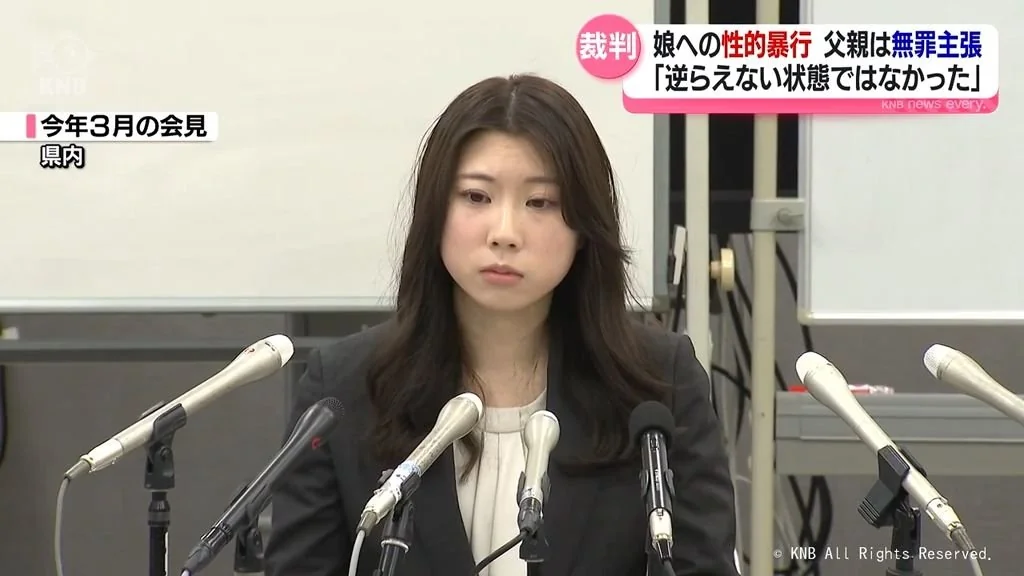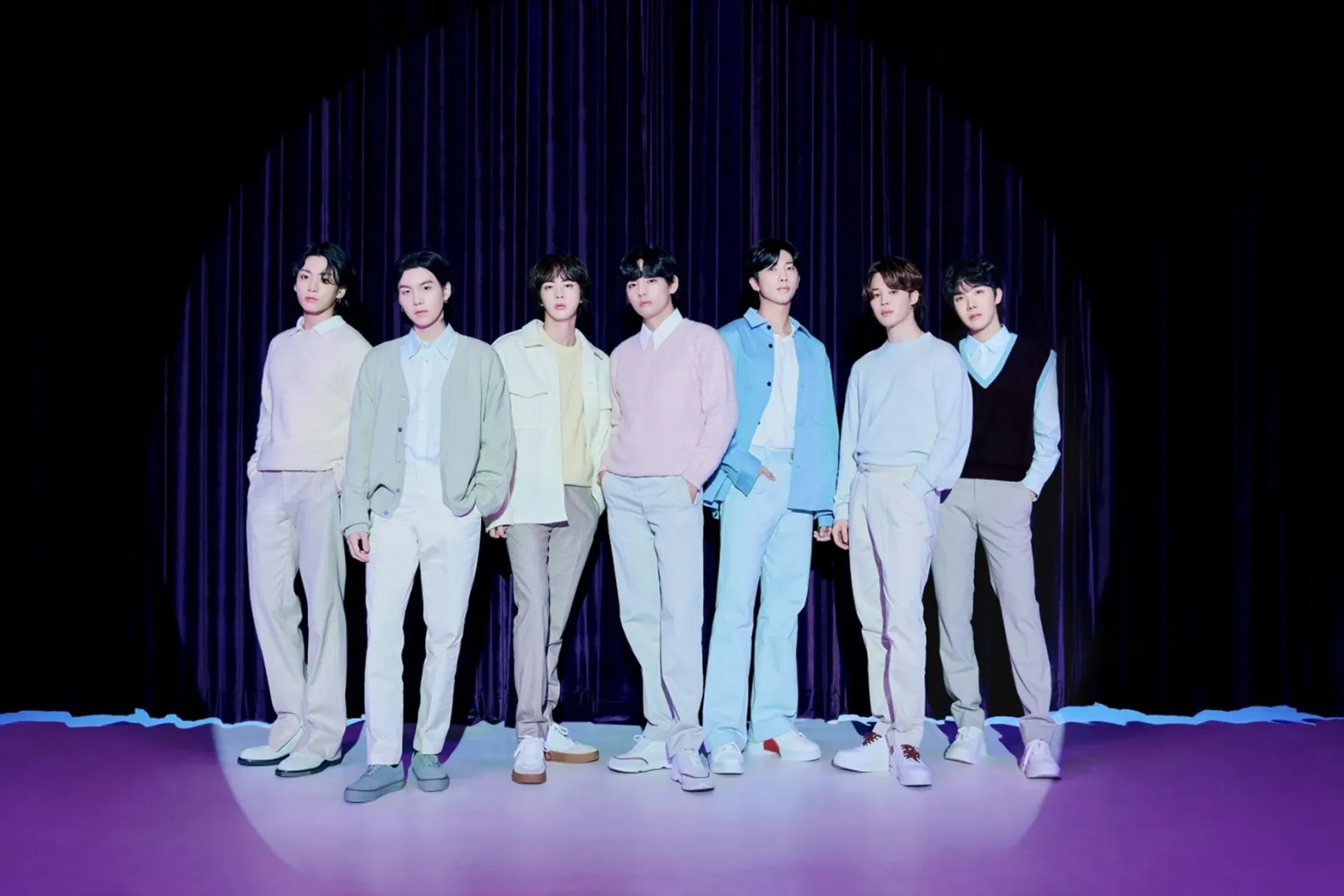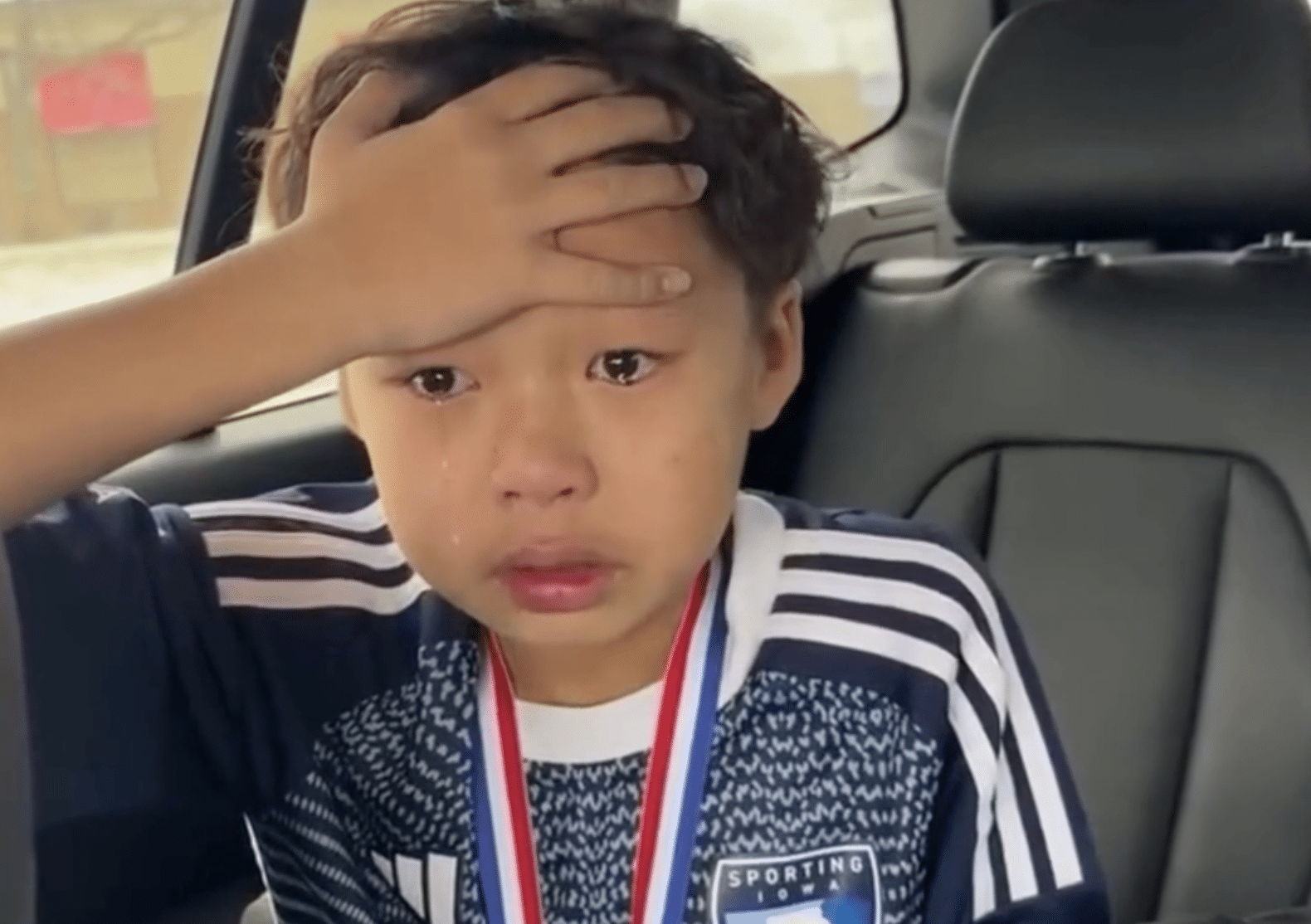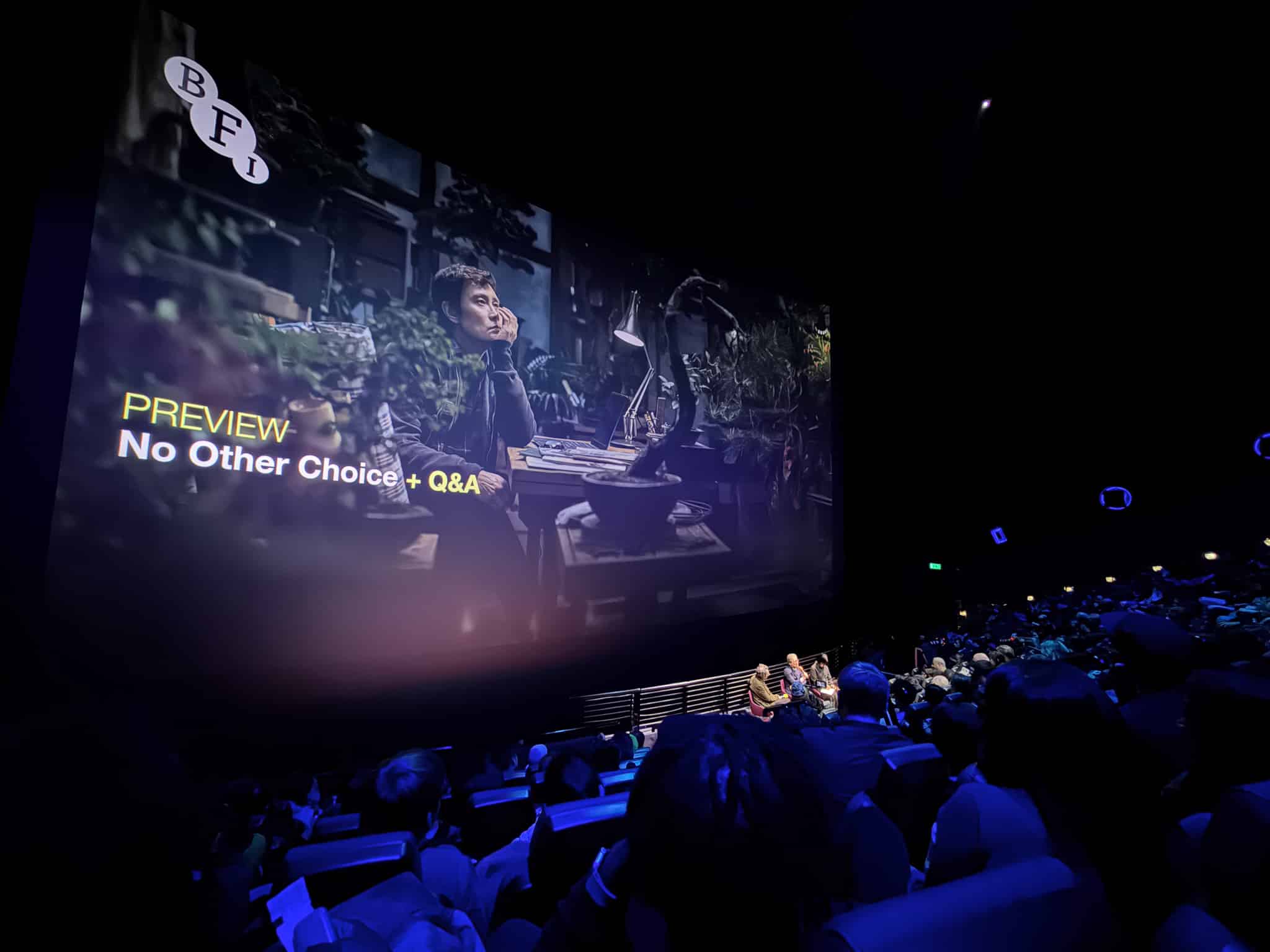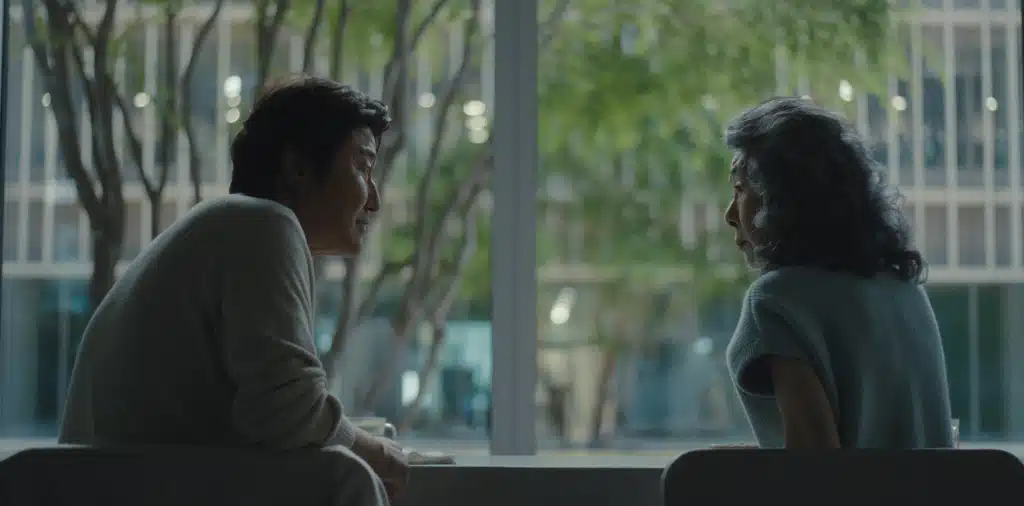A court in central Japan has sentenced a father to eight years in prison for the rape of his daughter, in a deeply unusual case where the victim chose to waive her anonymity and speak out. This level of public accusation is exceptionally rare in a country where survivors of sexual violence are overwhelmingly hesitant to reveal their identities.
Koji Daimon, 54, was convicted on Tuesday by the Toyama District Court for sexually assaulting his daughter, Riho Fukuyama, in 2016 when she was a high school student. Mr. Daimon, an unemployed man from Kurobe city, had admitted to the act but contested the charge, arguing his daughter could have resisted the assault.
The Burden of Proof and a Victim’s Credibility
Presiding Judge Toshiaki Umezawa rejected the defence’s claim of innocence. The judge described the crime as “malicious and nasty,” concluding that the physical and mental harm inflicted on the victim was “grave.”
The court focused on the issue of Ms. Fukuyama’s ability to resist. Judge Umezawa found her testimony highly detailed and convincing, vividly portraying her sense of helplessness when facing her father. The ruling explicitly noted that she had endured repeated abuse since she was in junior high school.
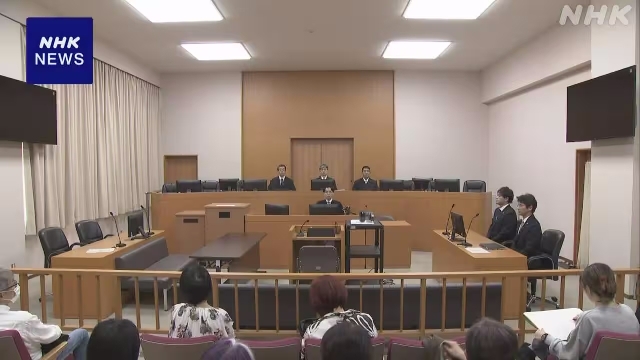
Breaking a Silence: The Power of Naming Herself
Ms. Fukuyama, now 25, decided to reveal her name and face to the public following her father’s arrest. This is a move that few survivors of sexual violence in Japan ever contemplate. The societal pressure to maintain family harmony and the fear of social retribution often compel victims into silence.
Speaking to reporters outside the court, a visibly relieved Ms. Fukuyama said the trial had been “extremely tough.” She explained the difficulty of having to recount intimate, painful details that she had previously been unable to share even with her closest friends.
Her husband, Yoshiki Fukuyama, described the profound impact of the assault, noting his wife had suffered from flashbacks and nightmares for years. He shared tearfully that she previously felt secure only by having four separate locks on their door, underscoring the enduring reality for survivors.
“I want people to know this is the reality of those who have suffered sexual violence,” he said, urging the public not to look away.
A Handful of Public Voices
In Japan, the willingness of survivors to name their abusers publicly stands in stark contrast to the global Me Too movement. Only a handful of individuals have been able to make this courageous choice without facing extreme backlash.
Among the few are Shiori Ito, a journalist who won a landmark civil case against a prominent media figure she accused of rape, and Rina Gonoi, who left the military after successfully accusing fellow soldiers of sexual assault in 2021. Both women faced a torrent of online abuse for coming forward, with Ms. Ito eventually moving abroad.
Read More: ‘Black Box Diaries’: Shiori Ito’s Unflinching Look at Sexual Assault in Japan
Despite the absence of a large-scale, organised Me Too movement, modest rallies have sprung up across the country in response to several high-profile acquittals of alleged rapists. Legal reform has also slowly provided a pathway for survivors. The definition of rape was widened in 2017, and in 2023, lawmakers removed the requirement for victims to prove they were subjected to violence or intimidation.
Ms. Fukuyama’s case, however, was prosecuted under the older laws because the assaults took place before these changes. Even so, she remains an important voice.
“I know it’s hard, but please speak up and ask for help,” she said to others. “You have allies.” Her hope is to make it clear that sexual abuse occurs within families and that victims are not alone.

